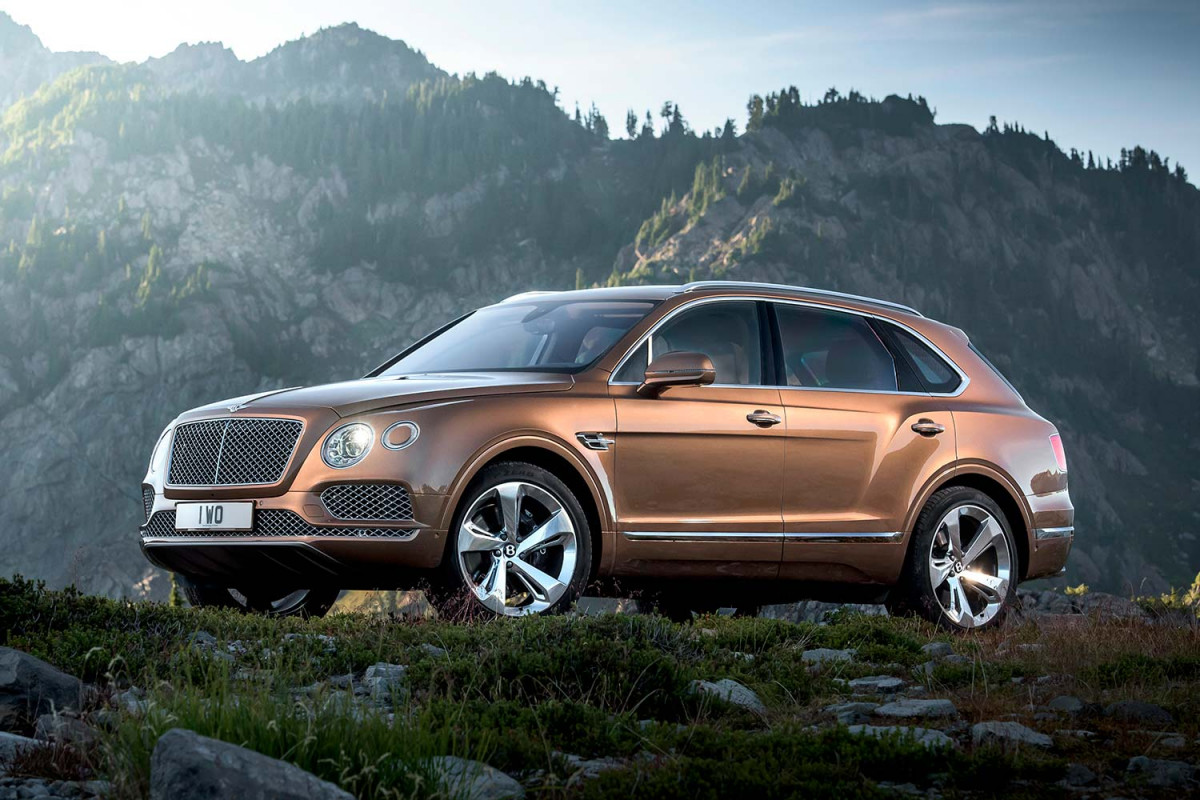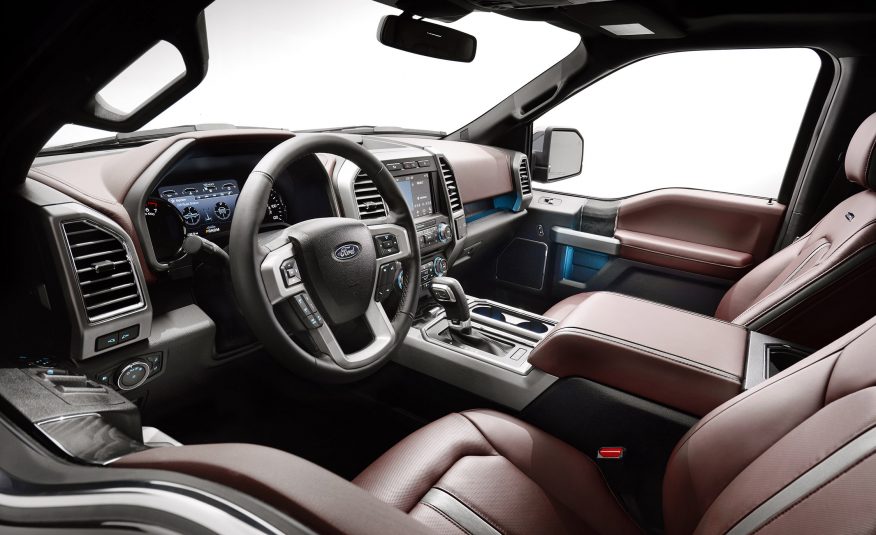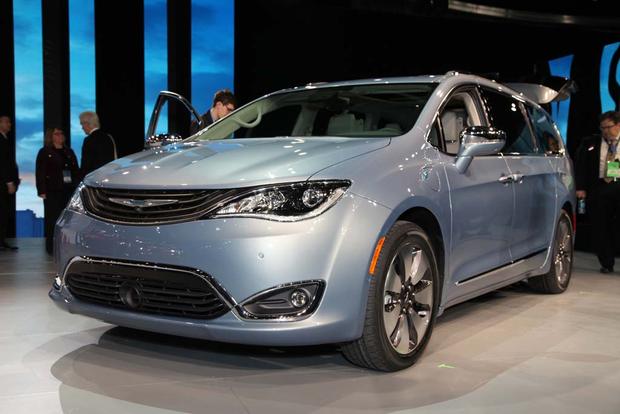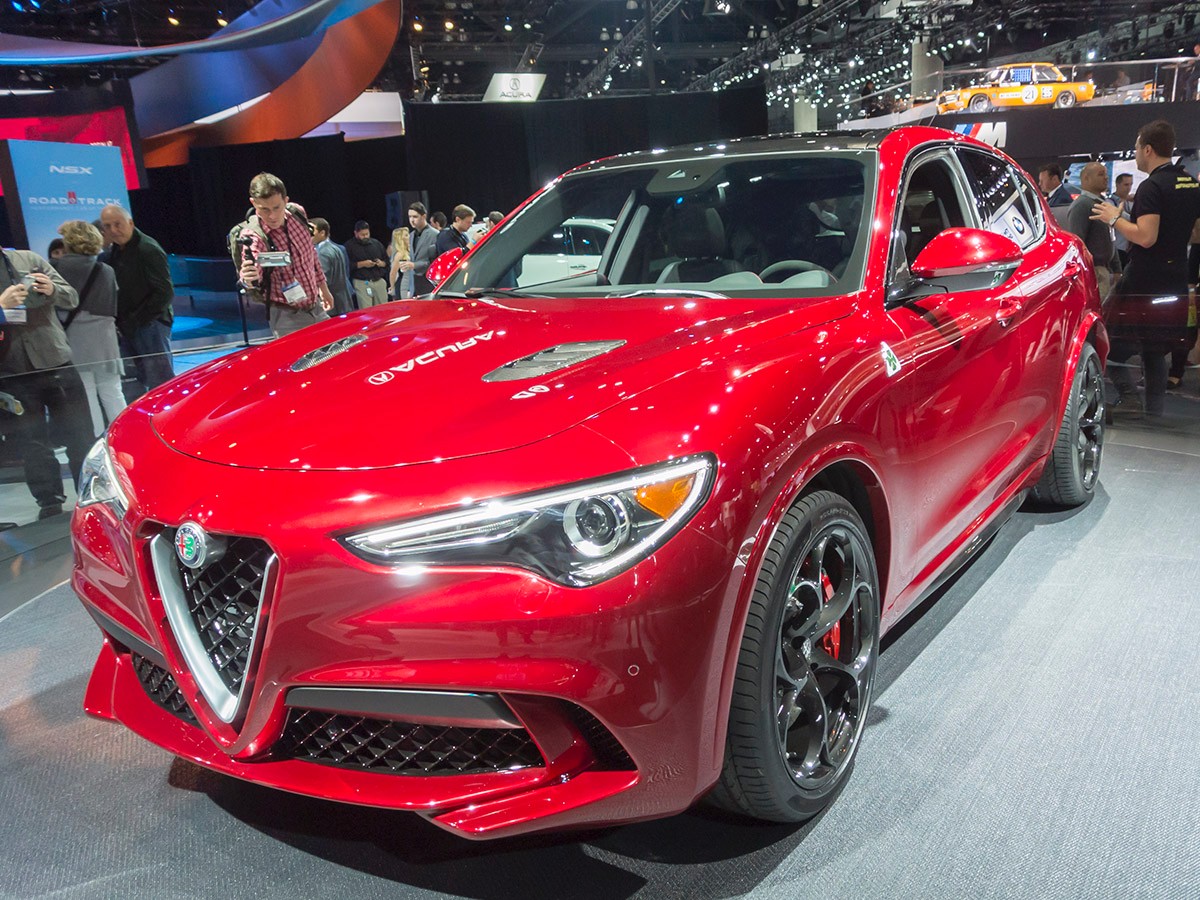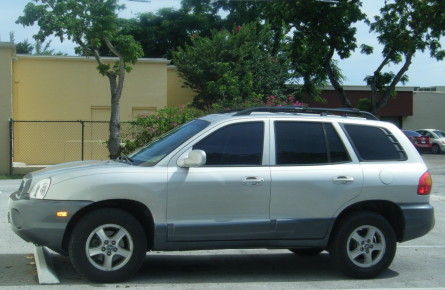-
2018 Buick Enclave “Avenir” will have ionic air purifier - April 12, 2017
-
Lease a Luxury Car for Less Than You Think - April 5, 2017
-
Shopping for a Car When Your Credit is Low - March 31, 2017
-
Aston Martin Closer to Unveiling Second-Generation Vantage - March 21, 2017
-
2017 Bentley Bentayga SUV: Offroad for $238,000 and Up - March 14, 2017
-
Pagani Huayra is Finally Here, Only $2.4M - March 9, 2017
-
Mercedes AMG E63 – For When Your Wagon Needs Drift - February 6, 2017
-
2018 Audi Q5 SUV: Enhanced Performance - January 30, 2017
-
2018 Toyota Camry Due in Late Summer - January 27, 2017
-
2018 Dodge Challenger SRT Demon Will Outstrip Hellcat - January 23, 2017
As Credit Tightens, Less Buyers Will Qualify for Auto Loans
The economic chaos and financial crisis that pushed Lehman Brothers into bankruptcy has toughened new-vehicle loan terms and may further lower auto sales, reports Bloomberg.
"The panic over fuel prices brought the quickest shift from trucks and SUVs to cars I’ve ever seen," said Dave Zuchowski, vice president of sales for Hyundai Motor’s U.S. unit. "The new story is access to credit. That will impact us more in the second half."
A Lehman report, issued last month before the company’s collapse, estimated that tighter auto-lending standards in the second half may cut sales by as much as an additional 10 percent.
GM CEO Rick Wagoner said this week that consumer financing is now "much tighter" and urged the Federal Reserve to cut interest rates. The Fed ultimately decided to leave the rate unchanged.
"Our biggest problem is credit," Chrysler President Jim Press told reporters on Sept. 2.
According to the Federal Reserve Board’s July loan officer survey, the willingness to make new consumer loans was 22.3% lower than the previous period. Banks are requiring bigger down payments for auto loans and higher FICO scores. Throw into the equation those who are sitting on a trade-in vehicle that has a lower value and it all equals fewer qualified buyers.
It seems drivers will just have to hang onto their current cars a few years longer, until the economy gets better or until consumers have more money saved to put down on a new car and better credit scores.




